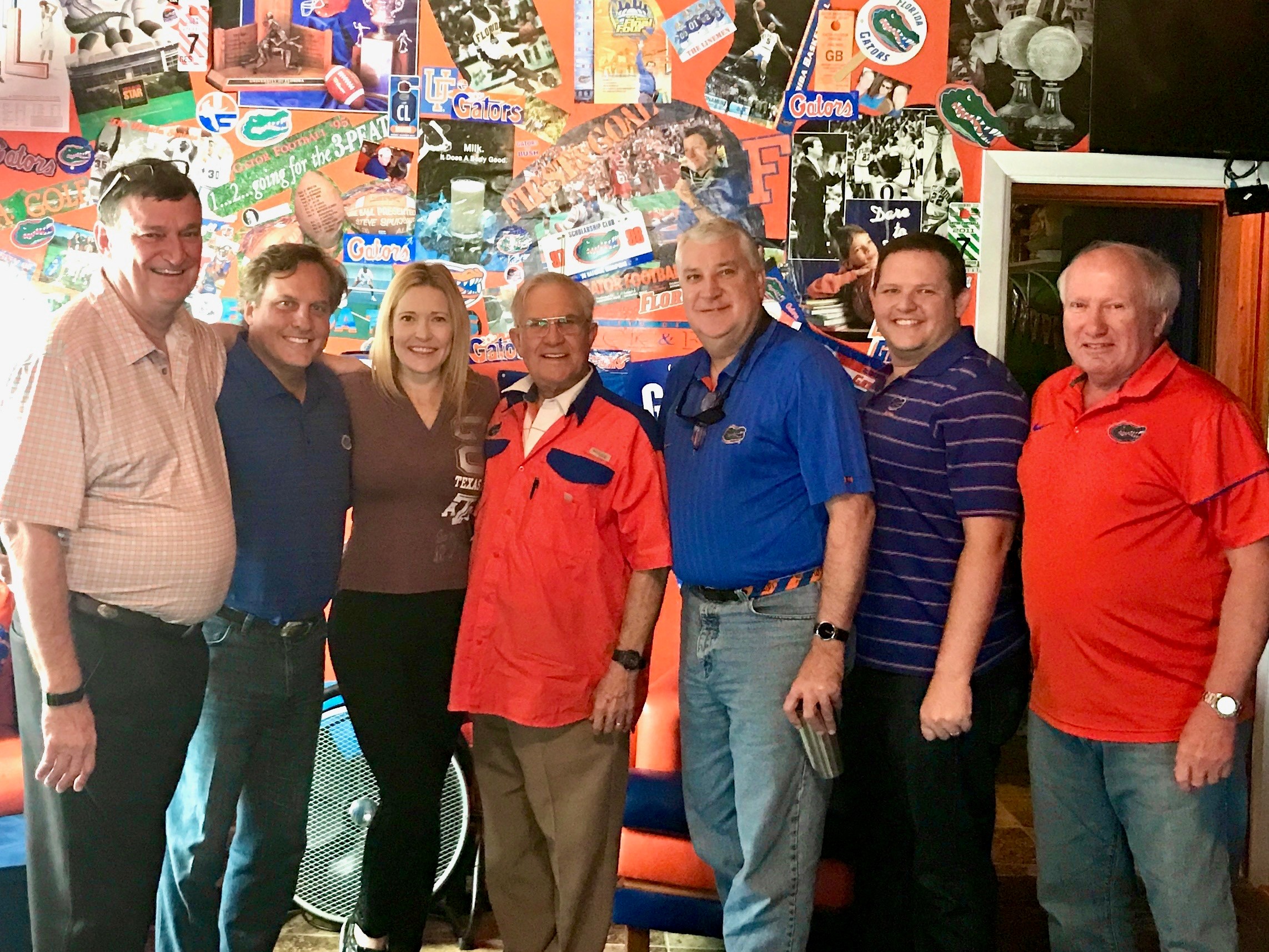The Florida Association of Public Insurance Adjusters Annual Convention starts today. I have been asked to speak to their Board of Directors this afternoon regarding their concerns about restoration companies and repair contractors acting as policyholder representatives in the negotiation and settlement of insurance claims. It is a growing trend and one which generally is not good for the insurance companies or the policyholders because of inherent conflicts of interest.
Fifteen years ago, there were few construction firms dedicated to property insurance recovery, repair and restoration. Today, it is a huge industry, with many firms actively involved in the business on a national basis. The types of construction related vendors vary from small board-up companies, to water dry-out companies, to well-known vendors such as Servicemaster. Major construction companies such as Belfor USA work almost exclusively in major catastrophe insurance construction. The growth is largely due to the bottom line margins, which typically vary from thirty-five to forty-five percent of the total repair. Catastrophe reconstruction can be very lucrative, and the secret is out in the construction industry.
The National Association of Public Insurance Adjusters (NAPIA) has a longstanding ethical rule that its members not act as repairmen and contractors on losses they adjust. The reasons are obvious: the many conflicts of interest. Adjusters determine a theoretical amount of value of damage. The policy wording, benefits, timing of the benefits, laws and regulations affecting the policy all go to determine the amount the policyholder may take as money, repair as it was, repair differently or replace at another location. There are an infinite number of calculations which can be considered regarding the value of a loss such as scope of loss, values of materials, labor, skill of labor needed, time needed, and material quality. Adjusters determine the measures and make estimates to arrive quickly at a full and fair amount of value.
The people and entities doing the repair work have another mission, a defined repair determined by the policyholder at a profit. The policyholder obviously wants it done as inexpensively as possible, and the repairmen want that defined work done for the maximum willing to be paid by the policyholder. So, what happens when the party paying the repairman is the insurance company and not the policyholder? It does not take long for most to figure out that the policyholder may not be getting the full benefit of the insurance product. Even the insurer may subject itself to a bargaining party primarily interested in increasing profit. And this is the simple concern.
Contractors cannot practice law. They cannot practice public adjusting. Indeed, Texas recognizes the conflict: contractors cannot hold a license as a public adjuster, public adjusters cannot hold a license as a contractor. However, many restoration contractors are doing both. It is often illegal as well as unethical, but there is little regulation because few seem to be raising the issue.
In the field, I am finding many insurance recovery contractors that get construction jobs with one page contracts that ambiguously indicate they will fix the repair for the amount paid by the insurance company. To get the business, many promise they will do the job and "absorb" the policyholder’s deductible. The work is started, and the contractor then "negotiates" the insurance claim with the insurance company adjuster. Whether the insurance policy is paying all benefits for the quality of the work anticipated or not, the contractor determines the quality of repair based on the amount of money the insurance company agrees to pay. Does anybody ever consider that the insurer could benefit by having a lesser scope of repair or lesser quality of repair and choose not to question unusually high construction costs? Would the insurance company question the construction costs if the bottom line was less than the full amount it owed? This happens frequently. The policy becomes a repair contract rather than one of indemnity.
Some insurers are realizing that the restoration companies are overcharging the entire job as well. Many insurers and contractors have close relationships; contractors have often introduced insurance adjusters to the policyholder. More than ever before, our firm is called by policyholders when the relationship between the insurer and contractor has broken down.
This issue deserves more discussion by everyone in the industry. It is clear though that only attorneys practice law, public adjusters adjust for policyholders, and contractors should do neither–they build and construct. Contractors have the education and licenses required to build; they do not have the education or licenses required to give legal opinions and interpret insurance policies.



